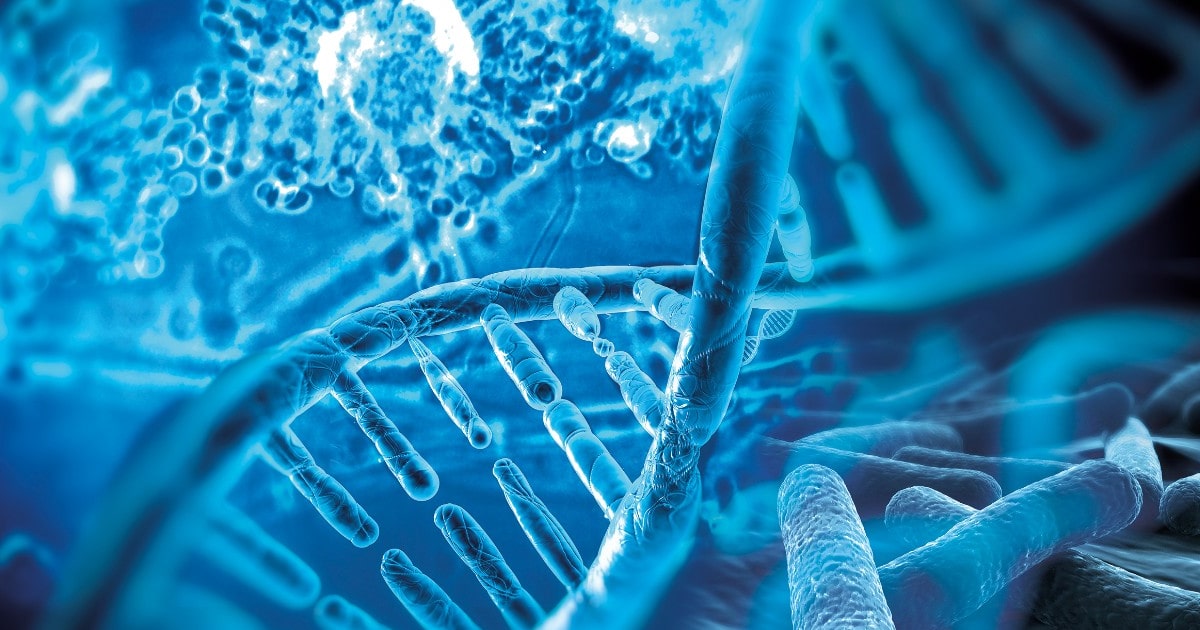
Expert Reviewed By: Dr. Brandon Colby MD
Understanding Small Cervical Vertebral Bodies
Small cervical vertebral bodies are a condition where the vertebral bodies in the neck are smaller than average, which can contribute to cervical spondylosis and persistent axial neck pain. Cervical spondylosis is a degenerative condition that affects the joints and discs in the neck, causing pain and stiffness. Studies have shown that smaller cervical vertebral bodies are prone to persistent axial neck pain but not neurological symptoms (source).
The cervical spine has unique structural features, such as higher bone volume fraction, trabecular number, and thickness, and lower trabecular separation and degree of anisotropy compared to the thoracic and lumbar spine (source). This makes it more susceptible to certain conditions and complications, including bone loss after cervical arthroplasty, a surgical procedure that replaces damaged discs in the neck with artificial ones (source).
Diagnosing Small Cervical Vertebral Bodies
Diagnosing small cervical vertebral bodies typically involves a physical examination and imaging studies, such as X-rays, CT scans, or MRI scans. These imaging studies can help determine the size and shape of the cervical vertebral bodies and identify any abnormalities or degeneration that may be contributing to neck pain and stiffness.
It is essential to consider other possible causes of cervical region pain, such as regional diseases, fibromyalgia, tension-type headache, depression, and anxiety, as these conditions can also contribute to neck pain and discomfort (source).
Using Genetic Testing for Small Cervical Vertebral Bodies
Identifying Genetic Predisposition
Genetic testing can be helpful in identifying a predisposition to small cervical vertebral bodies and related conditions, such as cervical spondylosis. By analyzing an individual's genetic makeup, medical professionals can determine if they have specific gene variants associated with these conditions. This information can help guide treatment and management strategies, as well as inform patients about their potential risk for developing neck pain and stiffness.
Informing Treatment Decisions
Understanding the genetic factors that contribute to small cervical vertebral bodies and cervical spondylosis can help inform treatment decisions. For example, if a patient has a genetic predisposition to these conditions, they may benefit from more conservative treatment approaches, such as physical therapy, pain management, and lifestyle modifications, to help manage symptoms and prevent further degeneration.
In some cases, surgical intervention, such as cervical arthroplasty, may be necessary to alleviate pain and restore function. However, it is essential to be aware of potential complications, such as bone loss at the operative segment, which may affect early postoperative neck pain but not mid- to long-term outcomes or prosthetic failure (source).
Guiding Preventative Measures
Genetic testing can also help guide preventative measures for individuals at risk of developing small cervical vertebral bodies and related conditions. By understanding their genetic predisposition, patients can make informed decisions about their lifestyle, such as maintaining a healthy weight, engaging in regular exercise, and practicing good posture, to help reduce their risk of developing cervical spondylosis and neck pain.
In conclusion, understanding, diagnosing, and using genetic testing for small cervical vertebral bodies can help patients and medical professionals better manage and treat this condition. By identifying genetic predispositions and informing treatment decisions, patients can take a more proactive approach to their health and potentially reduce their risk of developing persistent neck pain and stiffness.
About The Expert Reviewer
Dr. Brandon Colby MD is a US physician specializing in the personalized prevention of disease through the use of genomic technologies. He’s an expert in genetic testing, genetic analysis, and precision medicine. Dr. Colby is also the Founder of and the author of Outsmart Your Genes.
Dr. Colby holds an MD from the Mount Sinai School of Medicine, an MBA from Stanford University’s Graduate School of Business, and a degree in Genetics with Honors from the University of Michigan. He is an Affiliate Specialist of the American College of Medical Genetics and Genomics (ACMG), an Associate of the American College of Preventive Medicine (ACPM), and a member of the National Society of Genetic Counselors (NSGC)